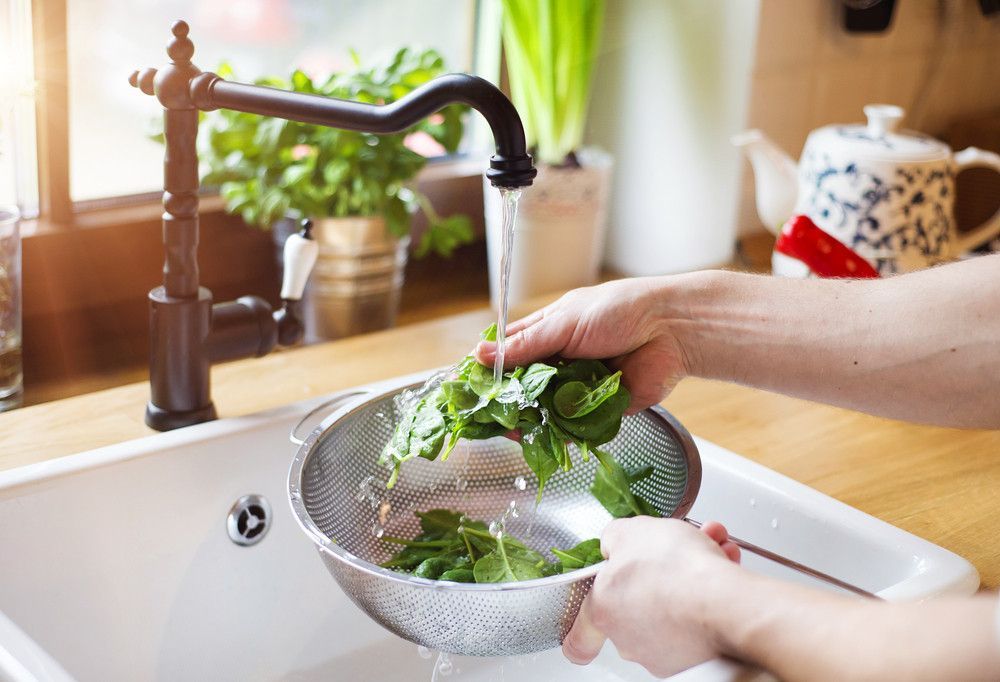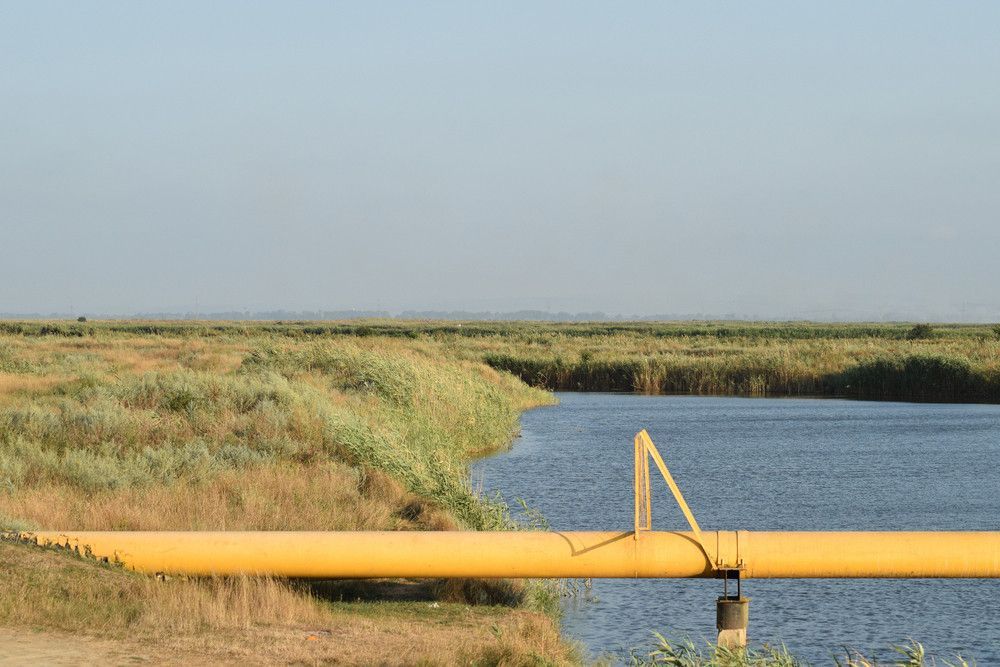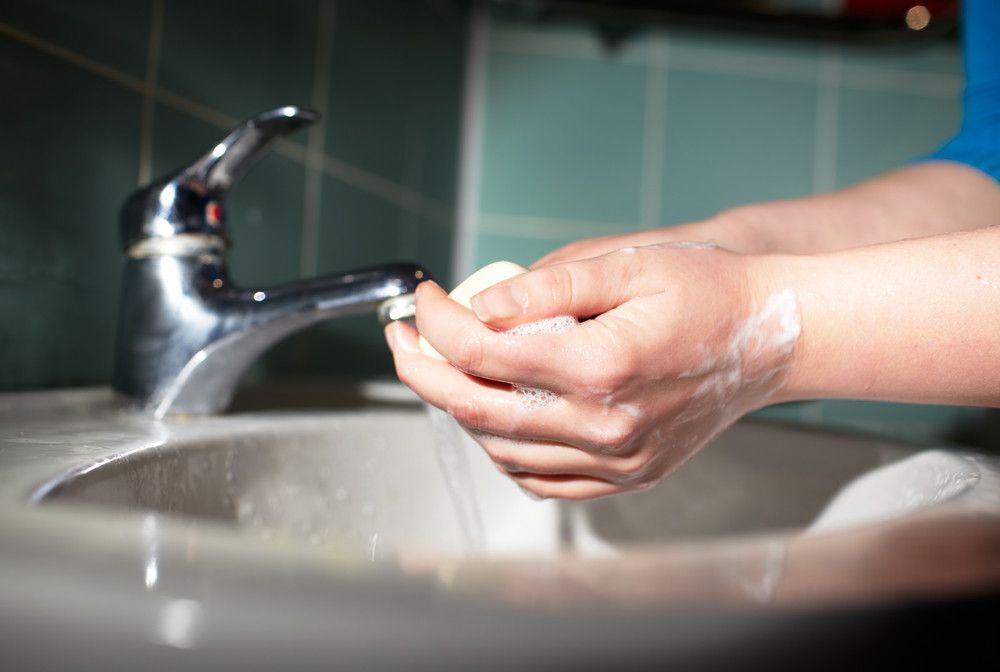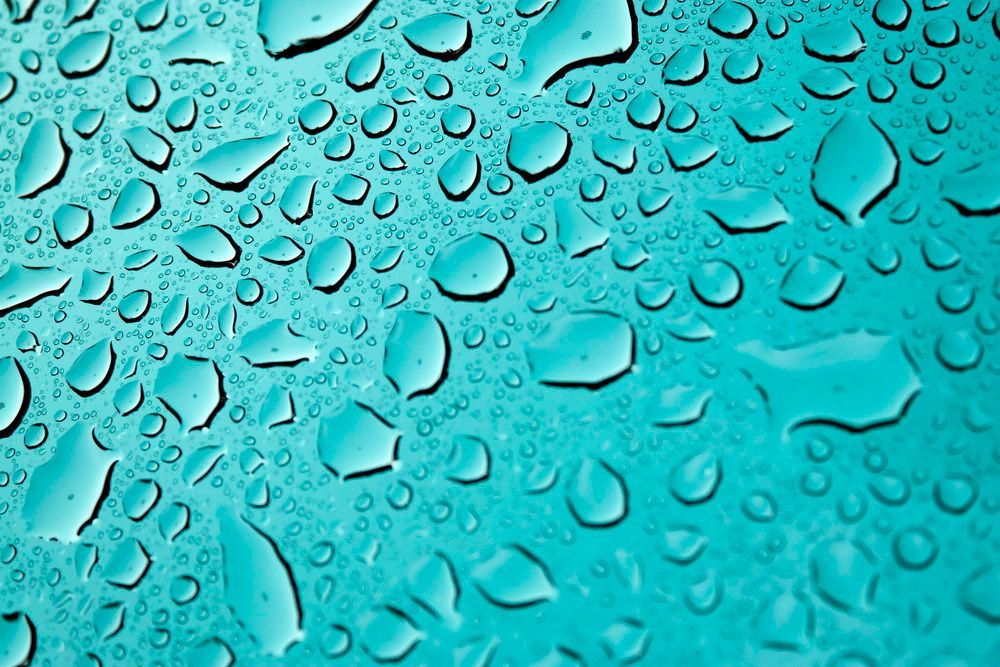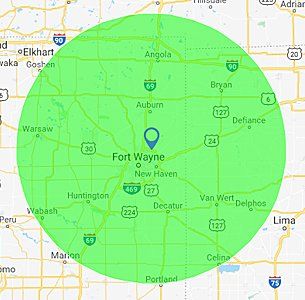Do Water Wells Run Dry?
Kaufman Well Drilling • August 15, 2019
Can Water Wells Run Dry?
Nothing truly satisfies thirst like cold water, and no other water tastes as clean and chemical-free as well water. People who have wells can immediately taste and tell the difference between private well water and municipal reservoir water.
Our area is blessed with an abundance of water, so to the answer the question " Do Water Wells Run Dry?" is yes, but not typically in our region of NE Indiana, NW Ohio and SW Michigan. That however doent not mean that they can't run dry.
Wells are dependent upon regular, annual rainfall, so local climate and weather activity directly impact well water levels.
As an information service to local well owners, Kaufman Well Drilling
offers the following tips for detecting low water levels, their causes and possible fixes.
If you are not familiar with water wells and their plumbing, call us. We are always happy to come out and assist you with your well water issues. We regularly service the NE Indiana and NW Ohio and SW Michigan area with water well drilling for land owners.
PART I: How to Tell If You Have Potential Well Water Problems
Most well owners know that minor differences to their well water occur seasonally. These are normal, and there is usually nothing to worry about.
On the other hand, there are times when well water issues do need at least a professional checkup to determine if there is cause for further action. We have listed some of the common, more serious symptoms below. If you experience any of these, let us know.
- A Change in Taste or Odor
Occasional, slight taste difference is normal. Seasonal ebb and flow of natural, earth cycles can account for most of these, and they are negligible. If, however, a drastic, sudden change in taste occurs, your well needs to be looked at.
The same holds true for odor. Infrequent and slight, musky or swampy odor is usually part of the annual, groundwater cycle. A pronounced odor needs investigating.
- Weak Pressure
Noticeably weaker or slow water flow can be a harbinger of worse water woes to come. If faucet flow is slower than usual, check it throughout the house.
It is best to start at the sink located the longest distance from where the water enters the house. If all pressures are about equally weak, there may be an issue.
If the dishwasher or laundry washer is slower to fill, first check them mechanically. If they have no obvious malfunction, you probably need to have your water source checked.
- Pump Continuously Runs
If your well pump is close enough to the house, listen for how often it comes on and how long it runs. Excessive or continuously running pumps indicate either a bad water pump, or flow supply is not what it should be.
Many well pumps are too far from the house to hear or pay attention to on a regular basis. If this is your case, have the electrician install a light wired to the well pump.
The light comes on when the pump runs. Monitor the frequency of the light coming on and how long it stays on.
- Air Pockets in the Line
Air pockets can indicate interrupted water flow and weak line pressure. If your water spits and sputters when you turn it on, your waterline has air in it. Air fills lines when water in the line decreases. Low well water produces an uneven flow through the line.
- Discolored or Murky Water
Water that is not crystal clear is probably unfit for drinking. If the water level in the well gets extremely low, the foot valve of the pump can start to pump silt and mud mixed with water into the line.
Over time, this sediment can potentially coat the inner lining of the water line and possibly contaminate drinking water even though the murkiness may go away.
- Other Area Wells
Other wells within your vicinity may also be a warning for your well. If neighbors report drying wells, have us check yours.
Depending upon the water source for your well, you may or may not be affected. In some areas, natural, pool wells have a tendency to go dry more frequently than stream-fed wells.
PART II What Could Be the Cause
- Excessive Water Use
Large families require large amounts of water. Heavy laundering, regularly washing big loads of dishes and long, frequent showers can take their toll on water supply.
Simultaneous use of all three can also quickly lower well water levels. When usage exceeds well water level and pump capability, wells can be slow to recover, and over time, run dry.
- Line Leak
Water line leaks are often the culprit for low water levels. If the leak is under the line, as opposed to on top of the line, they can be practically impossible to locate with the naked eye. Often they can leak for days or weeks before they saturate enough ground to be noticed.
Extended, large line leaks can quickly dissipate well water levels and burn out pumps that are continuously running to pump that leaked water.
- Extended Drought
Underground water sources are regularly replenished with annual rain and snow. Interruptions of these cycles lower ground water levels.
As these precipitation lapses extend for weeks and even months, the natural water supply continues to shrink. Even wells that survive heavy duty blasting can eventually run dry if a drought is severe enough.Reduce water usage and help your well survive droughts.
- How to Fix It a Well That's Run Dry?
There are a number of options homeowners have to increase well water yield without having to drill a new well. The source of the problem could be as simple as the placement of the water pump. In most wells, the pump is located within the well underwater, known as a submersible pump. When water is drawn down below the pump level, the pump will bring air into the system instead of water. Calling in a professional to measure the water depth and lower the pump can quickly fix this problem.
Another problem can be well age. A well’s lifespan is considered to be roughly 20 to 30 years. Over time, yield may decline because of sediment or mineral scale build-up.
Water well deepening is another way to increase the yield of the well. When a well is deepened, new fractures containing water can be discovered. The chances of finding a new fracture containing water usually increase the deeper into the ground you go, but this is not always the case. A professional water well drilling company like Kaufman Well Drilling can consult with you on the likelihood of finding more water and can aid you in the project.
Conclusion
Sputtering faucets and a change in drinking water could have other causes. For example, there could be a problem with the electrical system delivering water to the water pump or pressure tank. If you live in our service area and are experiencing water well problems. Call us here at Kaufman Well Drilling. We have many years experience solving well dilemmas, and we can find a solution for yours as well.


